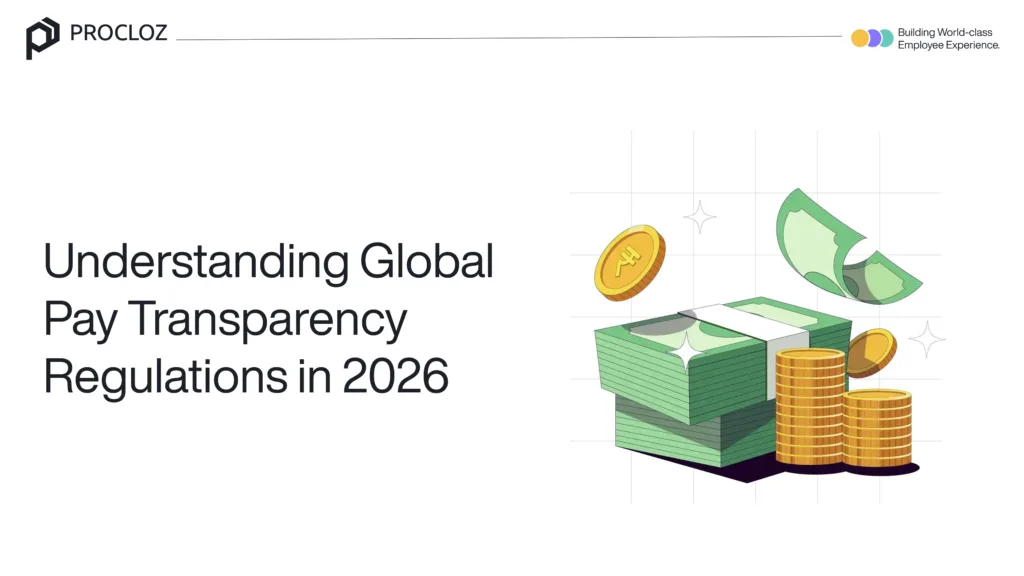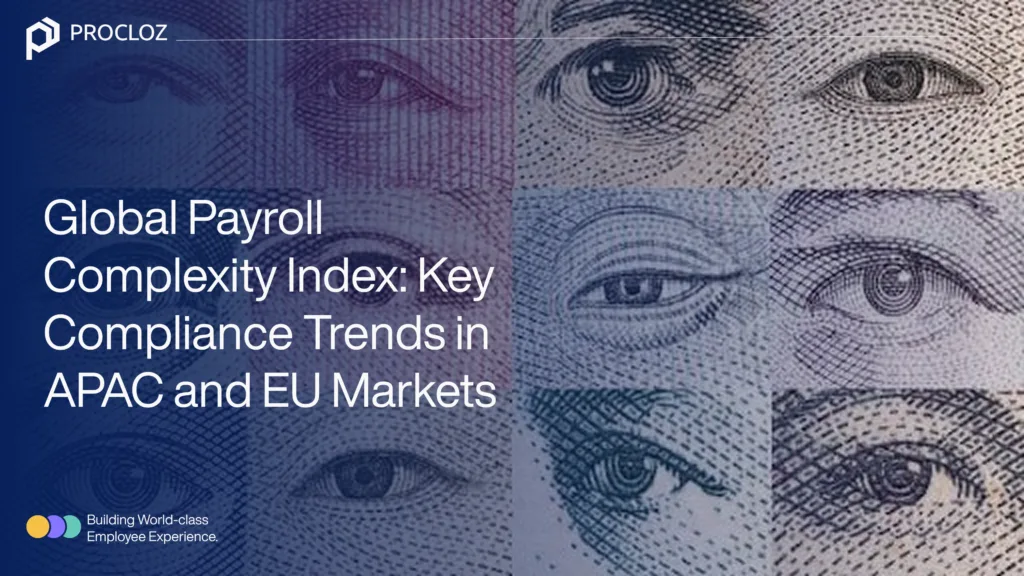Precision and rigidity come to mind when you think of Singapore’s regulatory regime. But as of January 2025, the Ministry of Manpower (MOM) took compliance to the next level. With fresh regulations aimed at Singapore work pass holders, the stakes have never been higher for employers.
Below, we break down the key shifts and why companies in Singapore will now need to gear up for an era of compliance like no other.
What Is the New Employment Pass Salary Threshold in Singapore 2025?
While rumors circulate about S Pass salary changes, the key official 2025 update affects Employment Pass qualifying wages. EP minimum salaries rose from S$5,000 to S$5,600 (S$5,500 to S$6,200 in financial services) from January 1, 2025.
This increase forces many companies to reassess compensation packages and budgets for current and future work pass holders. Though S Pass minimums remain at S$3,300, future increases are anticipated.
How Will MOM’s New Work Pass Audits Function?
Perhaps the most dramatic change: MOM’s shift to increased oversight in 2025. Rather than inspections, monthly audits of compliance will be the norm, accompanied by instant penalties for infractions. With real-time penalties for infractions under the Employment of Foreign Manpower Act, including fines up to S$20,000 and possible imprisonment.
For example:
- False declarations or omissions can result in fines of up to $20,000 and imprisonment for a term of up to 2 years.
- Multiple offenses or if it constitutes serious misconduct may lead to higher penalties or work pass suspensions.
- What this means: compliance can no longer simply be a checklist that is checked off periodically, but rather real-time, always-on vigilance.
What Does the CPF Integration Mandate Mean for Employers?
Singapore already enforces strict compliance for salaries, CPF contributions, and deductions. Future expectations require prompt reporting of payroll actions and CPF submissions to MOM within tight timeframes, such as 48 hours.
Regarding a specific new “48-hour real‐time reporting” rule, there is already a statutory requirement to report major changes (job/salary/termination) quickly under the Employment of Foreign Manpower Act.
But with MOM’s shift toward digital scrutiny, some HR teams are expecting that delays or discrepancies between internal payroll records and those maintained by MOM are likely to raise red flags more quickly and with more bite.
Are Directors Personally Liable Under the New MOM Enforcement Approach?
Until now, when there was noncompliance, cases could have been brought against the company. But fresh signposting from MOM hints that directors and key officers who repeatedly or seriously breach the regulations could be fined or prosecuted personally.
Look at history: company directors are prosecuted for making mis-statements about salary or faking signatures that are false. And penalties for making false declarations already come with fines and the possibility of imprisonment under the Employment of Foreign Manpower Act.
The bottom line is that the way organizations look at compliance as a back-office function now poses more danger than it does to themselves.
Is There a New MOM Digital Compliance Gateway?
MOM is increasingly digital. Current EP and work pass systems require online applications with automated validation. Biometric registration is already mandatory when a pass holder receives the physical card.
While MOM hasn’t formally announced mandatory biometric verification for all submissions, there’s a clear trend toward stricter identity verification and audit trails throughout Singapore’s work pass process. HR departments must expect higher barriers against falsification..
How Will AI Monitoring Affect Employers?
The final frontier: AI-powered detection. While there’s a published MOM announcement about this specific system, numerous compliance platforms and HR tech providers expect that MOM will incorporate automatic detection of violations (pattern analysis, anomaly alerts) into its oversight.
One such protocol would initiate investigations, for example:
- Salary disclaimers vary significantly from the industry norm.
- Pass statuses are suddenly batch-updated.
- Inconsistencies between CPF and declared salaries.
To stay ahead, employers need enterprise-level systems that can flag internal anomalies long before MOM’s tools do.
What Should Employers in Singapore Do Right Now?
- Conduct an audit of all current Singapore work pass holders to ensure employees meet the new EP (or S Pass) criteria and plan salary adjustments
- Make sure your payroll → CPF → HR systems are well integrated with as little lag as possible, if it’s available.
- Create internal insights with compliance dashboards or alerts for anomalies
- Check the previous breaches or on-the-border ones, and correct them before MOM arrives.
- Educate your leadership: have directors and senior managers appreciate the implications of personal liability.
How Can Procloz Help Businesses Stay Compliant?
The changes are profound, representing a clear departure in the way Singaporean authorities regulate foreign workers. Most companies will see their in-house processes stretched, and the cracks will show. That’s where Procloz steps in:
- Our Payroll outsourcing services Singapore ensure payroll, CPF, and MOM reporting operate seamlessly within regulatory timelines.
- Our global reach helps you manage compliance across Singapore and other markets, useful for multi-office operations or expansion.
- We also provide Australian payroll services and comply with all Australian payroll laws, so if you have offices in Asia, we can support your growth across borders.
Simply picture your HR department free from “reactive firefighting”, Procloz stands as the liaison between your business and MOM, turning risk into a piece of mind.
Final Word
The coming wave of enforcement in Singapore is not some future event that could happen; it’s happening. Starting in January 2025, every month, your compliance will be put on blast. If your systems are not prepared? The effects won’t just be financial; they will be, potentially at least, a company’s credibility at the most senior leadership level, business continuity, and reputation.
We can help you plan, make these decisions, and then be there for the ride as Singapore’s MOM brings a new era to compliance management. Your next move should be about confidence, not scrambling under pressure.
FAQ
How can I get a work pass in Singapore?
Get a job offer from a Singapore company first. Your employer then applies for your work pass through the Ministry of Manpower (MOM). Use MOM’s Self-Assessment Tool before applying to check eligibility.
What is the difference between a work pass and Employment Pass in Singapore?
“Work pass” covers all work permits in Singapore. The Employment Pass is the premium version for professionals earning minimum S$5,600/month (S$6,200 for finance sector). S Pass is for mid-skilled workers, Work Permit for lower-skilled roles.
Can US citizens work in Singapore?
Yes. US citizens need a work visa; secure a job offer first, then your employer handles the pass application. No shortcuts.




